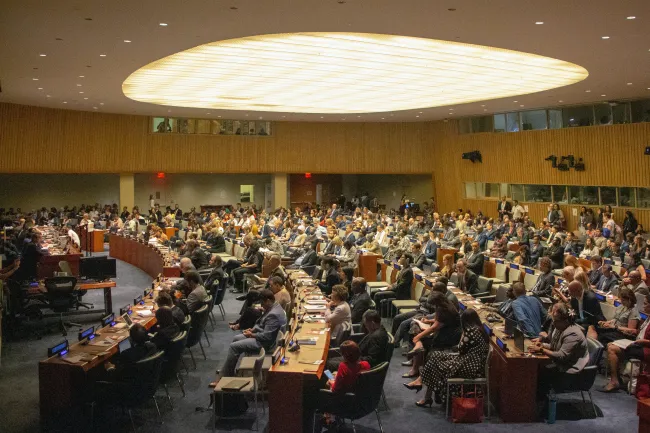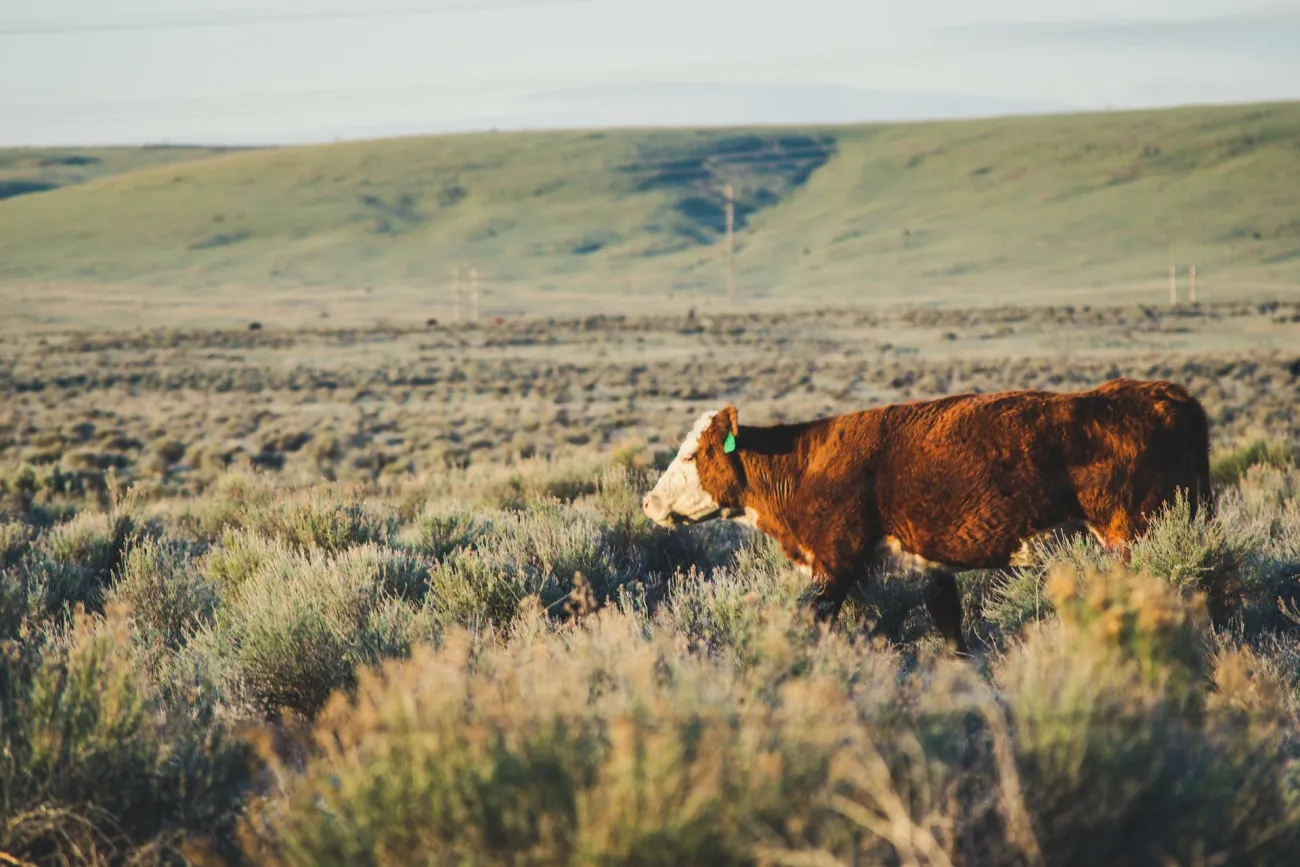Former officials at the FAO have revealed a history of corporate lobbying from the livestock sector, undermining the integrity of the FAO’s reporting on emissions from cattle and their contribution to rising global temperatures. Former officials detail how they were censored, sabotaged, undermined and victimised for more than a decade.

Summary
A series of in-depth interviews by the Guardian reveal how pressure from what it terms ‘farm-friendly funding states’ was felt throughout the FAO’s Rome headquarters. The allegations date back to the years after 2006, when the landmark Livestock’s Long Shadow (LLS) that pushed farm emissions onto the climate agenda for the first time was published. LLS included the first tally of the meat and dairy sector’s ecological cost, attributing 18% of global greenhouse gas emissions to livestock, mostly cattle. This was a major disruption to an industry who saw the FAO as an ally. Subsequent to publication, the report spurred an internal clampdown by FAO hierarchy, according to the officials. The officials described a culture that discouraged probing of the connection between livestock and climate change, suppressing reports and sabotaging research and research networks. Henning Steinfeld, head of the FAO’s livestock analysis unit, said that diplomats and meat lobbyists talked to senior FAO managers and encouraged them not to invest in work that dealt with environmental impacts.
More recently, scientists have expressed concerns over the way FAO estimates livestock’s contributions to climate change as the figures continue to fall. The 18% number originally published in 2006 has been revised to 14.5% and now sits at 11%. Independent studies have recently concluded that emissions from animal products contributed 20% of global total emissions, whilst another estimated the figure should be between 16.5% and 28.1%. Matthew Hayek, the assistant professor in environmental sciences at New York University, said that methane emissions from emissions could be underestimated in the FAO’s models by up to 47% in countries like the US.
Read the full story here and our own research into meat and metrics of emissions here




Comments (0)